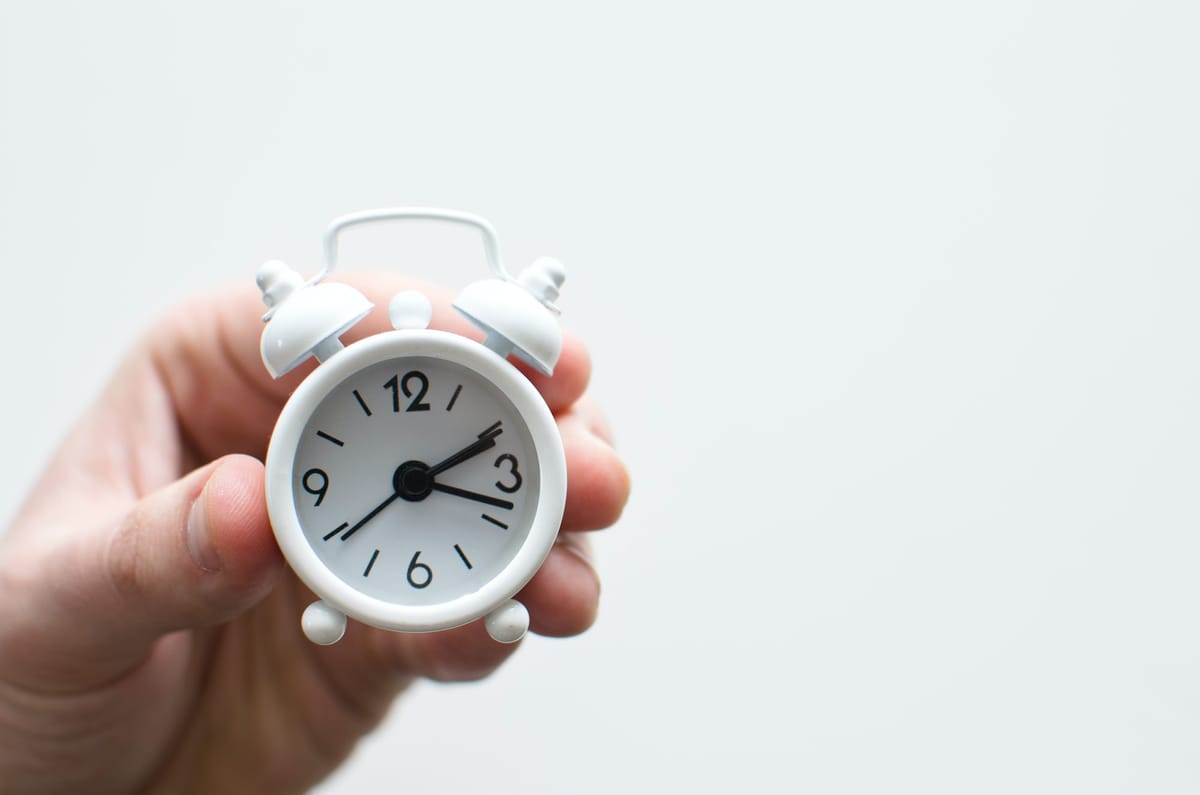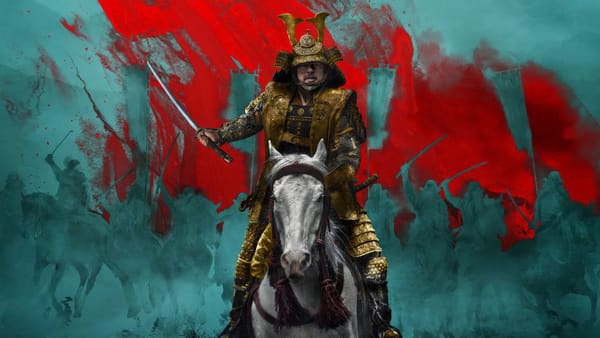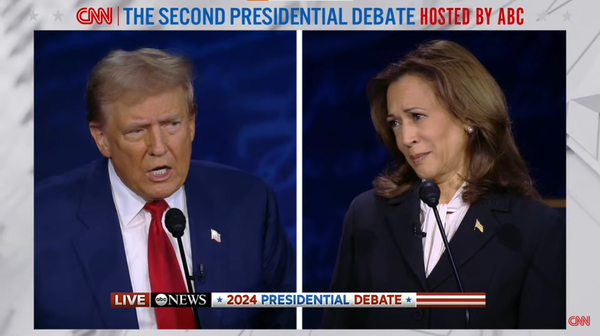What is the Purpose of Time in Our Lives
We can only discover what will happen in the future when we wait and see it. Time calls for patience for the future to be revealed.

Time is a system of measuring periods to varying extents to comprehend how long an activity or occurrence takes. Time is a construct of human civilization and a metric system for human life within the earth and beyond our planet. Time dictates what we can comprehend as periods or lengths of periods, allowing for some semblance of order and control.
The Continuum of Time and Its Effect on the Universe
Time allows human life to measure itself in a way that not even forces, waves, or energy, can. Since humans existed, there has been the recognition of a difference in different periods during the day, such as when the sun rises, when the sun is shining, and when it sets, the earth gets dark.
Time and Its Purpose in the Rotation of the Earth
The earth as a planet depends on time to understand how different forces and energies work. For instance, we know that the earth rotates on its own axis. You can imagine how detrimental it would be to understand science if we didn’t appreciate this rotation period as 24 hours.
The same goes for the earth’s rotation around the sun. If we didn’t know it takes a year or roughly 365 days, we would not have the calendar system and would be just living our lives like it’s one unending day, week, month, or year. Gravity, as a force, works to impede time with notions that the heavier or bigger the object, the slower time passes near it.
Do you feel gravity? How lighter would a world without gravity feel?
The Purpose of Time in Measurement
As human beings, we use time to measure everything. For instance, pregnancy is measured to estimate when the baby will be coming. We measure sports and sporting activity and use these times as a metric for competitiveness and, after comparison, to declare winners. We measure how long we have been undertaking an activity or how long something has lasted, like a marriage, for instance.
How Lewis Hamilton Has Mastered Time in F1 Racing
We literally love measuring everything, and time allows us to make some sense of the periods that things or activities take. For instance, as we see in Mania Sports, Lewis Hamilton became the most successful Formula 1 driver ever due to acing the time he takes to finish a race. Not only was his time fast, as compared to that of an average driver, but it was also faster than anyone else in the competition. Time, therefore, relays the periods taken to do something and allows us an accepted and measurable way of comparing the different periods taken by different activities or actors.
Time as a Construct and The Purpose of Its Ever-Flowing Nature
Time as a construct of human civilization creates a paradox in mind when you see time as something that flows and cannot be controlled. Time has, in a way, been there even before humans existed or figured out a way to measure it. In this way, it is less of a construct of human civilization and more of a form of matter that existed in the world or on the earth even before human life. It is, therefore, less of an innovation and more of a telltale of the future of life and the future of work.
The Progress Humans Have Made in Measuring Time
It marvels me that we evolved to understand it better and now have technologies such as carbon dating that can tell us what happened thousands of years ago. We have become so good at measuring time that archaeologists can trace the age of artifacts, and we can also now appreciate how long it has been since dinosaurs became extinct.
Time and How It Has Been Used to Classify Different Ages and Periods in Human History
The technology that we have today allows us to even categorize or classify different time periods or ages, such as the ice age, the age of the dinosaurs, the age of the roman empire, the age of Alexander The Great, and the age of ancient Egypt, for instance. We have become so enthralled by time that we try to use it in our favor. Time can, however, not be controlled.
Time and How It Regulates Life
I want to think of time as similar to the ocean. Time is a ‘force’ of its own and is its own thing. It waits for nobody and has a way of wearing down human life, for instance. That is why it is so important to have terminal days. As human beings, we can only live for so long and time ensures that we live only enough to reach 100 years if one is lucky or surpass it by a few years if one is overly lucky.
Time is, in this way, a regulator of life and controls what happens in terms of living and how long one can live. Time is also, in a way, a discoverer of secrets or a looking glass to the future. As it is said, “time will tell,” and it surely does.
The Elusiveness and Uncertainty of Time and the Future
We can only discover what will happen in the future when we wait and see it. Time calls for patience for the future to be revealed, and, in this way, it never stipulates or suggests the future but only allows us to see it when we get there. Time is an ‘energy’ of its own and a ‘life force’ that dictates what we are and what we can do.
How Time Gives Life Direction and Meaning
Without time, our lives would be without direction or meaning. We would live forever and not know loss. The lack of not knowing what the future holds is part of the ambiance and vibes of time. In my view, time would wear us down so badly that we would prefer to pass on. You can imagine how eternally boring it would be to live for a thousand years and see so much of and from the world that you cannot stand it anymore.
The Loss of Time
We lose time all the time. For instance, we are losing time to undo the negative effects of pollution and climate change. We lose the time to live longer and spend more time with the ones we love. We lose the time to be early for an appointment when we are stuck in traffic. We lose time all the time. Even when we sit and watch television instead of reading a book, we lose time and health, as sitting is the new smoking. We lose decades of development due to bad leadership, a lack of social justice, and the strongman syndrome.
Why Trying to Control Time May Not Work
We lose time even when we think we are gaining it. We try all we can to control time, but at the end of the day, time is its own thing, and we can only try and make our plans on top of what it dictates. It is important to make time in relationships, for instance. Making time is one way to show that you care for and love someone. Making time also declares importance, and we make time for engagements such as professional meetings because they are important to us. Time’s importance is unrivaled, but it is also imperative to give time to what is meaningful to your life.
The Purpose of Time in Success
The proper use of time is a sure way to succeed, and the more one invests their time in their passion or following their path, the more they are likely to succeed. In this light, time is a factor of success and good use of time increases the probability of success and vice versa. The million-dollar question now becomes; how long does it take to create an empire? The answer is; as long as it takes.
It can be decades or millennia, and only time dictates whether it will happen in the first place and, if it does, how long it will take. We can measure time, but we cannot really manipulate it, and it is a fact of reality and life beyond what we can control. That doesn’t mean that we shouldn’t try; it only means that we should realize that we can only do so much about controlling time.





